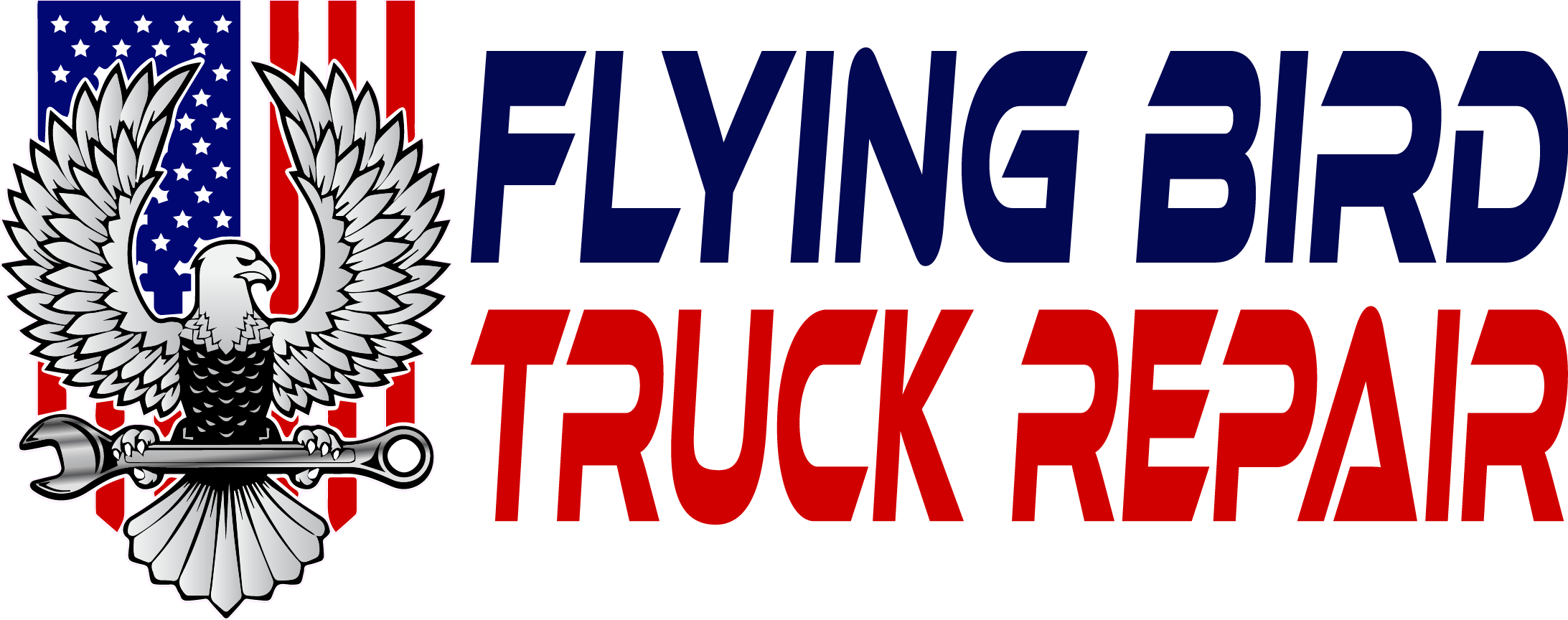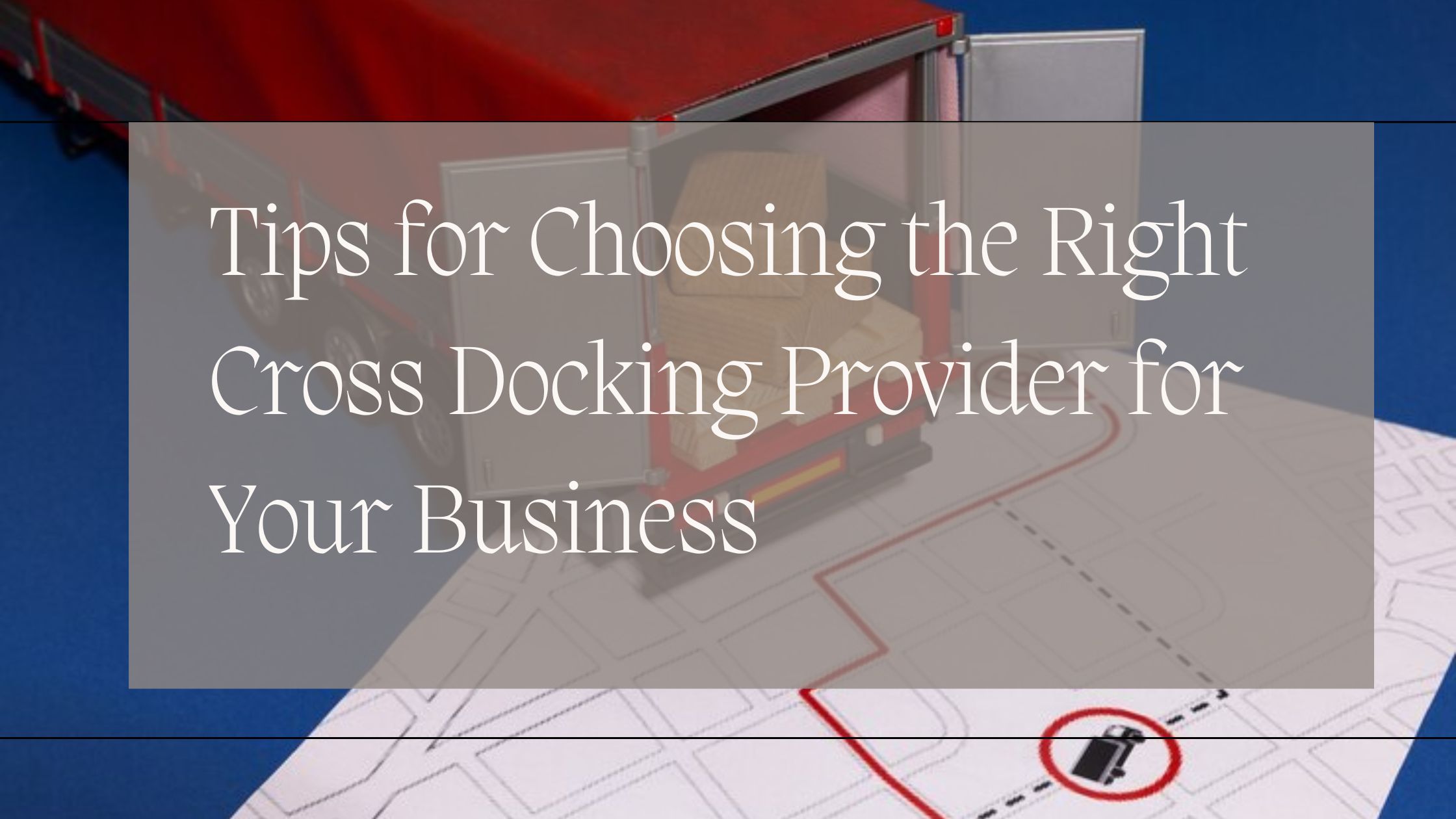The environment of supply chain management is one of constant change, with companies always looking to improve productivity and save costs. Adopting creative tactics will be essential in this endeavor; one such tactic that has received a lot of momentum is go-docking. With little to no storage time, this logistics solution entails the smooth transition of products from incoming shipments to exiting shipments. Cross-docking has many advantages, but in order to fully realize them, selecting the right supplier is essential. In this comprehensive guide, we will delve into the nuances of cross-docking and provide invaluable advice to help your company choose the best cross docking services.

Understanding Cross-Docking
Before diving into the tips for selecting a cross-docking provider, it is essential to grasp the fundamentals of cross-docking itself. This logistics strategy revolves around the swift transfer of products from the inbound vehicle to the outbound vehicle with minimal handling and storage. This method proves particularly effective for businesses dealing with high-volume, time-sensitive goods, as it significantly reduces the need for traditional warehousing and accelerates the distribution process.
Tips on Selecting the Best Cross-Docker for Your Company
Tip 1: Assess Your Business Needs
Assessing your business’s needs thoroughly is the first step in choosing the best cross-docking provider. It is essential to comprehend the type of commodities you handle, the complexity of your distribution system, and the number of items you manufacture. Whether you handle perishable goods, products with limited shelf lives, or a large volume of goods that need to be distributed quickly, this assessment will act as a compass to help you choose a go-docking firm that will work in unison with your unique needs.
Tip 2: Evaluate Provider Experience
Experience stands as a cornerstone when choosing a cross-docking provider. Seek a provider with a proven track record of handling similar products and volumes. An experienced provider will likely have honed processes, established relationships with carriers, and a capacity to navigate potential challenges with finesse. Delve into the provider’s history, peruse client testimonials, and examine case studies to gauge their level of expertise within the cross-docking realm.
Tip 3: Technology Integration
Technology integration plays a pivotal role in logistics and supply chain management in the digital age. Evaluate the technology capabilities of potential cross-docking providers. A provider equipped with advanced tracking systems, real-time visibility, and integrated software can offer enhanced transparency and efficiency in the movement of your goods from cross docking warehouse. The seamless communication and data exchange between your and provider’s systems are crucial for a well-coordinated supply chain.

Tip 4: Location and Accessibility
The strategic location of your cross-docking provider is another critical factor to consider. Ideally, the provider should be near major transportation hubs like airports, seaports, or highways. This ensures the swift and cost-effective transportation of goods to and from the cross-docking facility. Accessibility to crucial distribution channels can significantly impact the overall efficiency of your supply chain, making location a key determinant in your decision-making process.
Tip 5: Scalability and Flexibility
As your business expands, so should your logistics capabilities. Choose a cross-docking provider that offers scalability and flexibility to accommodate fluctuations in your volume and seasonal variations. A provider able to scale operations seamlessly can adapt to your changing needs. Also, providing a more reliable and long-term partnership that grows with your business.
Tip 6: Compliance and Security
Regulatory compliance and security are non-negotiable aspects of the logistics industry. Ensure that the cross-docking provider adheres to all relevant regulations and industry standards. This includes proper handling of hazardous materials, compliance with transportation regulations, and maintaining a secure and controlled environment within the facility. A provider with a robust security system and adherence to compliance standards can safeguard your products and minimize risks associated with legal and safety concerns.
Tip 7: Cost Efficiency
While cost should not be the sole determining factor, it undeniably holds significant weight in decision-making. Evaluate the pricing structure of potential cross docking solutions providers, considering factors such as handling fees, transportation costs, and any additional charges. Look for a provider that offers transparent pricing and clearly understands your cost constraints. Striking a balance between cost considerations and the value and efficiency that the provider brings to your supply chain is vital for a sustainable partnership.
Tip 8: Communication and Collaboration
Effective communication forms the bedrock of any successful business relationship, and cross-docking is no exception. Choose a provider that values open and transparent communication. Establish clear lines of communication and collaboration to keep you informed about the status of your shipments, any potential issues, and overall performance metrics. A collaborative partnership fosters trust and contributes to your logistics operations’ success by ensuring everyone is on the same page.
Conclusion
Choosing the best cross-docking supplier is an important choice that may have a big influence on your company’s productivity and performance in the fast-paced world of supply chain management. You can make an informed selection that easily fits with your overall objectives by:
- Carefully analyzing your company needs
- Examining the provider’s experience in truck repair services
- Thinking about technological integration
- Giving top priority to elements like location, scalability, compliance, and cost effectiveness.
Always remember that choosing a supplier who can accommodate your changing logistical demands while meeting your present requirements is the key to a successful cross-docking agreement. The correct cross-docking provider Flying Bird Repair is the first step towards an effective and streamlined supply chain. We are a key ally in navigating the intricacies of contemporary logistics.

